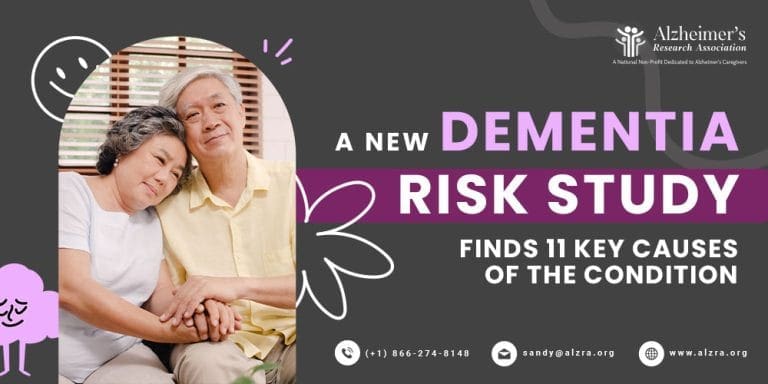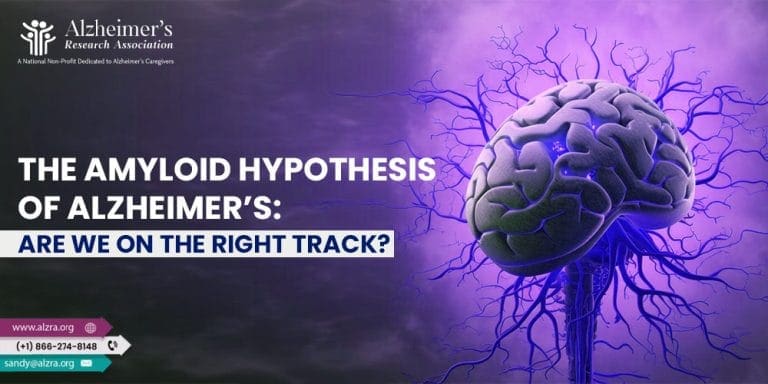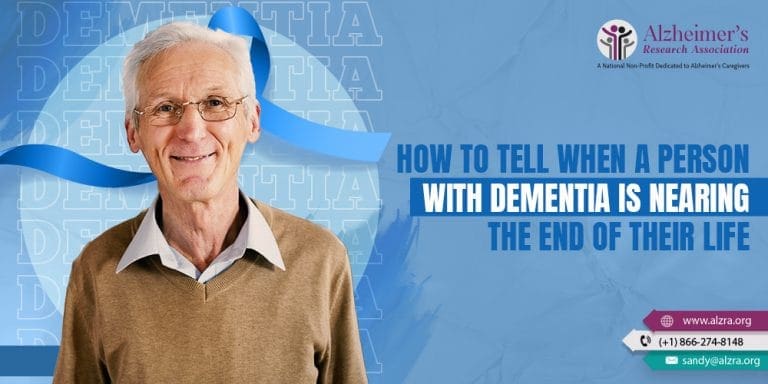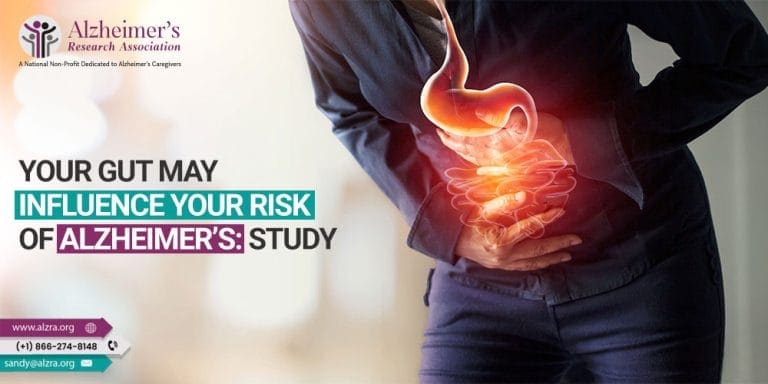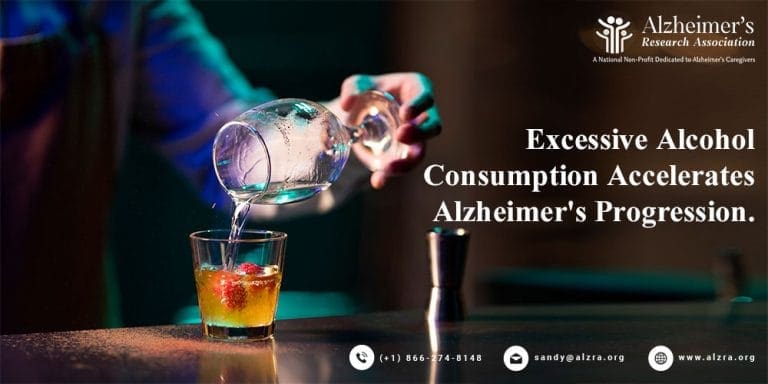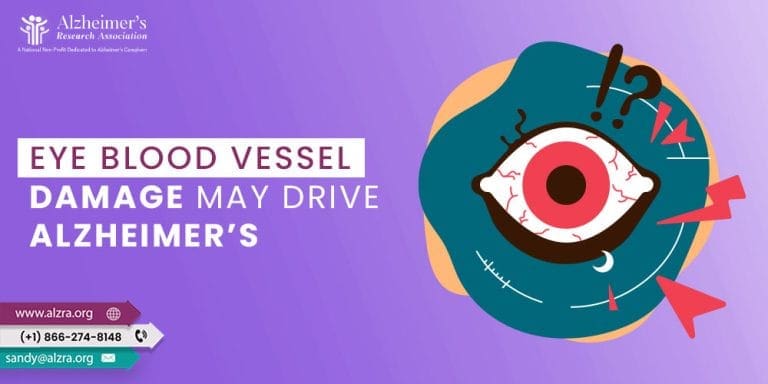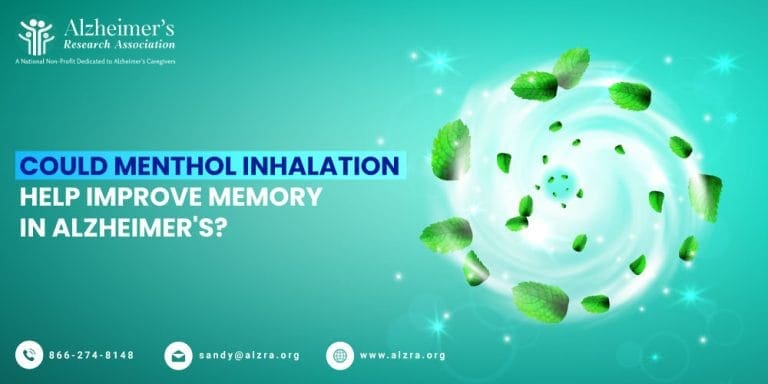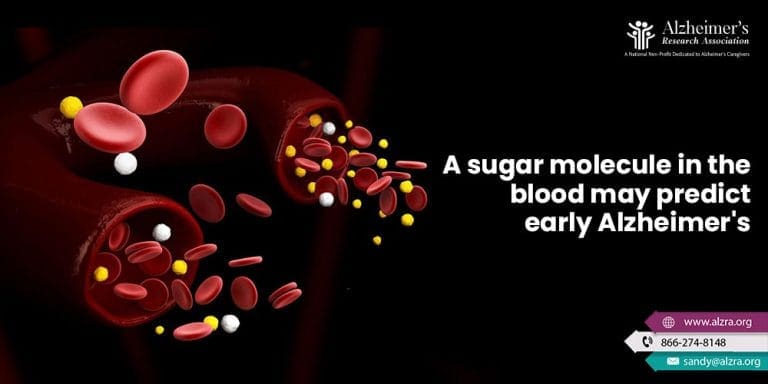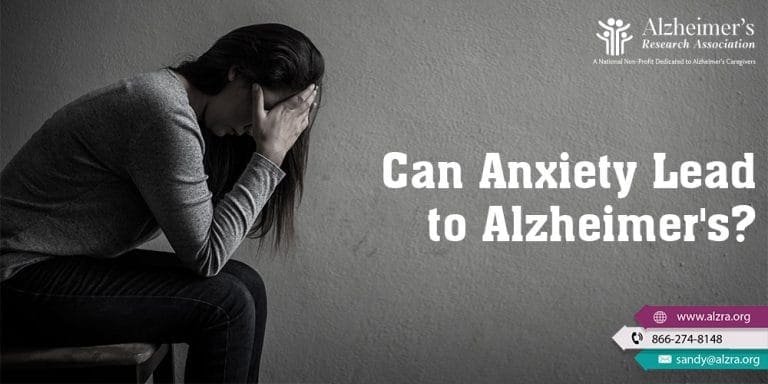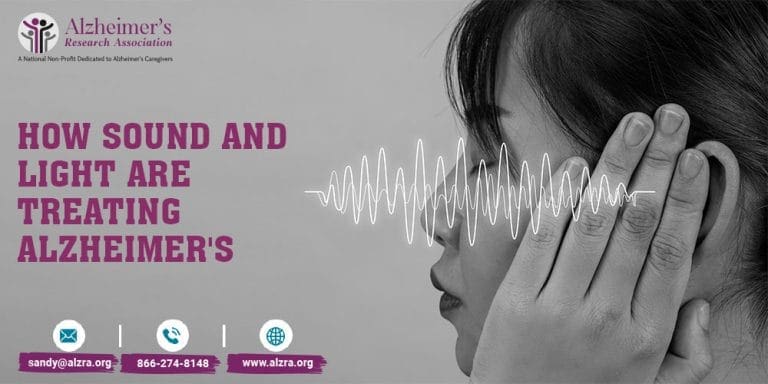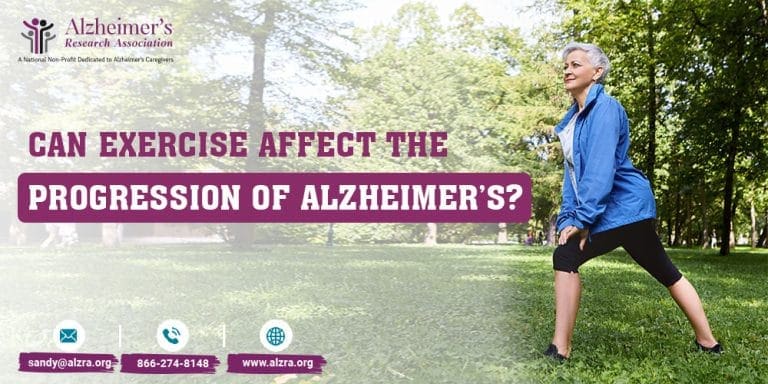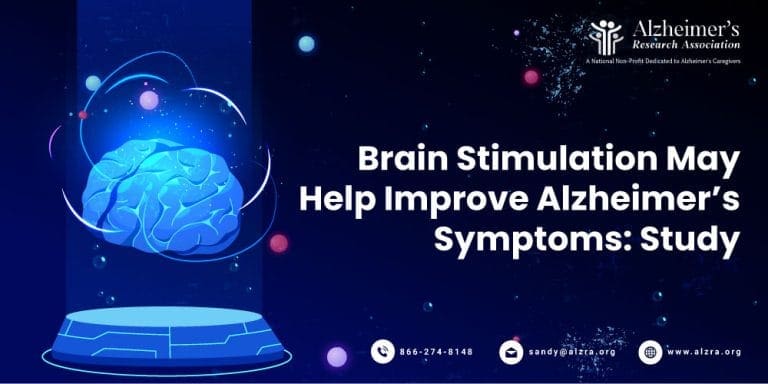A New Dementia Risk Study Finds 11 Key Causes of the Condition
Researchers have developed a method that can predict if someone will experience dementia within the next 14 years using the 11 dementia risk variables they have discovered. In British populations, the score has an accuracy of up to 80%. According to the researchers, it might serve as a preliminary dementia screening technique. Dementia is a … Continue reading "A New Dementia Risk Study Finds 11 Key Causes of the Condition"

